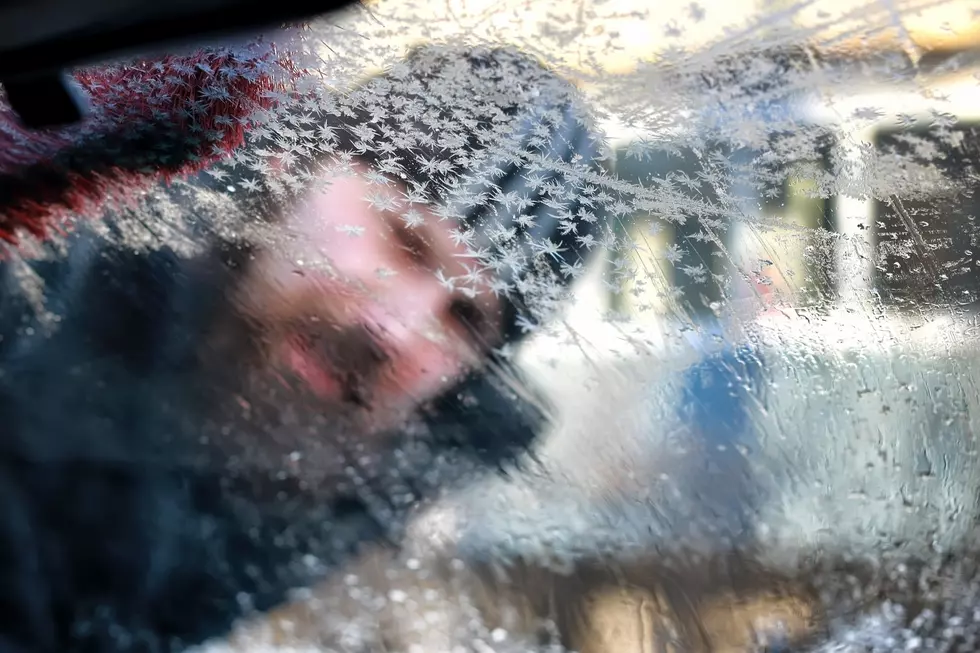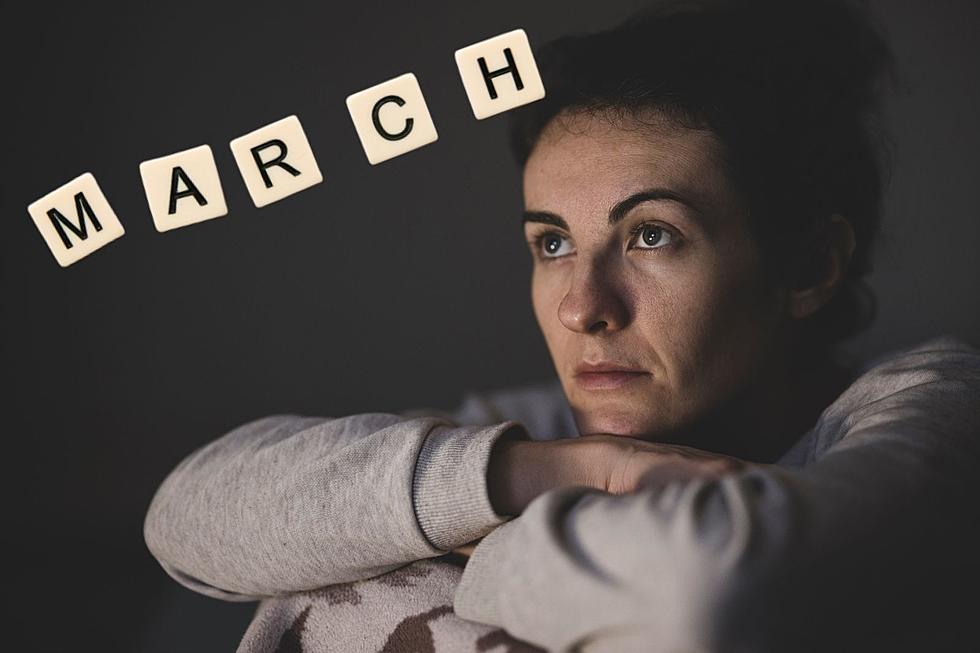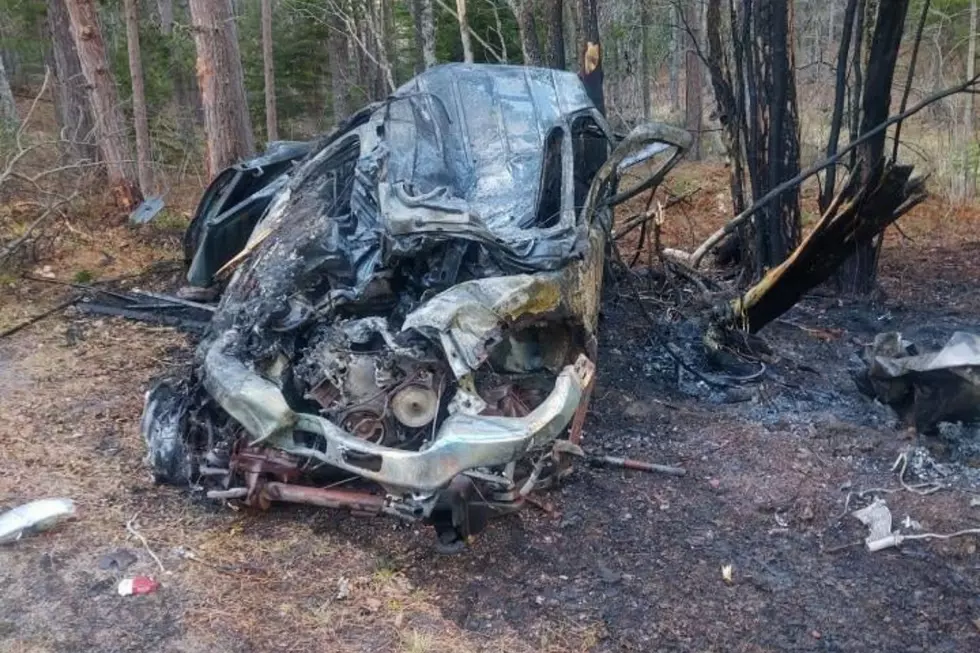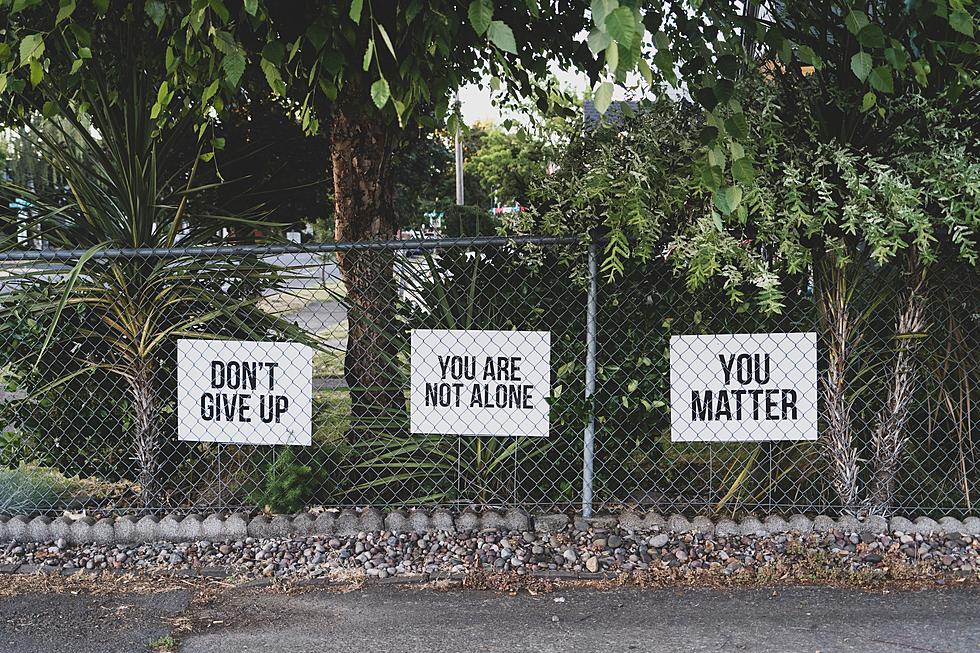
Get Familiar With The Symptoms Of Seasonal Affective Disorder
Do you hate winter because you are just sad the whole time? Well it could be just that, S.A.D.!
I have been seeing a post going around my various social media platforms talking about how hard this winter is going to be for people who either already suffer from depression, had depression brought on by the pandemic or just a mix of both.
It says something along the lines of "It's going to be real great when my regular depression meets my quarantine depression and they meet my seasonal depression."
While saying "depression" this much in this might be a bit much, it's something we should definitely talk about!
Seasonal Affective Disorder may affect more people than you realize, it may even be something you struggle with and wonder what is going on.
I, myself, did not realize I struggled with S.A.D. and was just absolutely miserable in the winter months, despite winter being my favorite season. Everything I did was in an attempt to make myself happy but I wasn't. I thought it was just my regular depression and anxiety symptoms flaring up.
It wasn't until I sat down, looked at the symptoms of S.A.D. and realized the pattern of how much worse I felt as we moved into the months without as much sunshine.
That is actually what psychiatry.org defines Seasonal Affective as, at least the less sunshine part:
"The symptoms usually occur during the fall and winter months when there is less sunlight and usually improve with the arrival of spring. The most difficult months for people with SAD in the U.S. tend to be January and February."
It truly is more than just the "winter blues" and here are some symptoms to get familiar with and recognize as we approach the season.
Symptoms of Winter-Onset S.A.D.
Luckily, the symptoms can be treated with things like light therapy that mimics the U.V. light you are craving in those dark times.
Seasonal Affective Disorder, while it is seasonal can be something that affects someone throughout the year as they are anxiously dreading what is to come.
The Mayo Clinic says it is time to see a doctor when you feel down for days at a time, can't sleep, are not motivated to do activities you enjoy, experience changes in your sleep and appetite, you turn to alcohol to cope or you have suicidal thoughts.

More From 1240 WJIM AM









